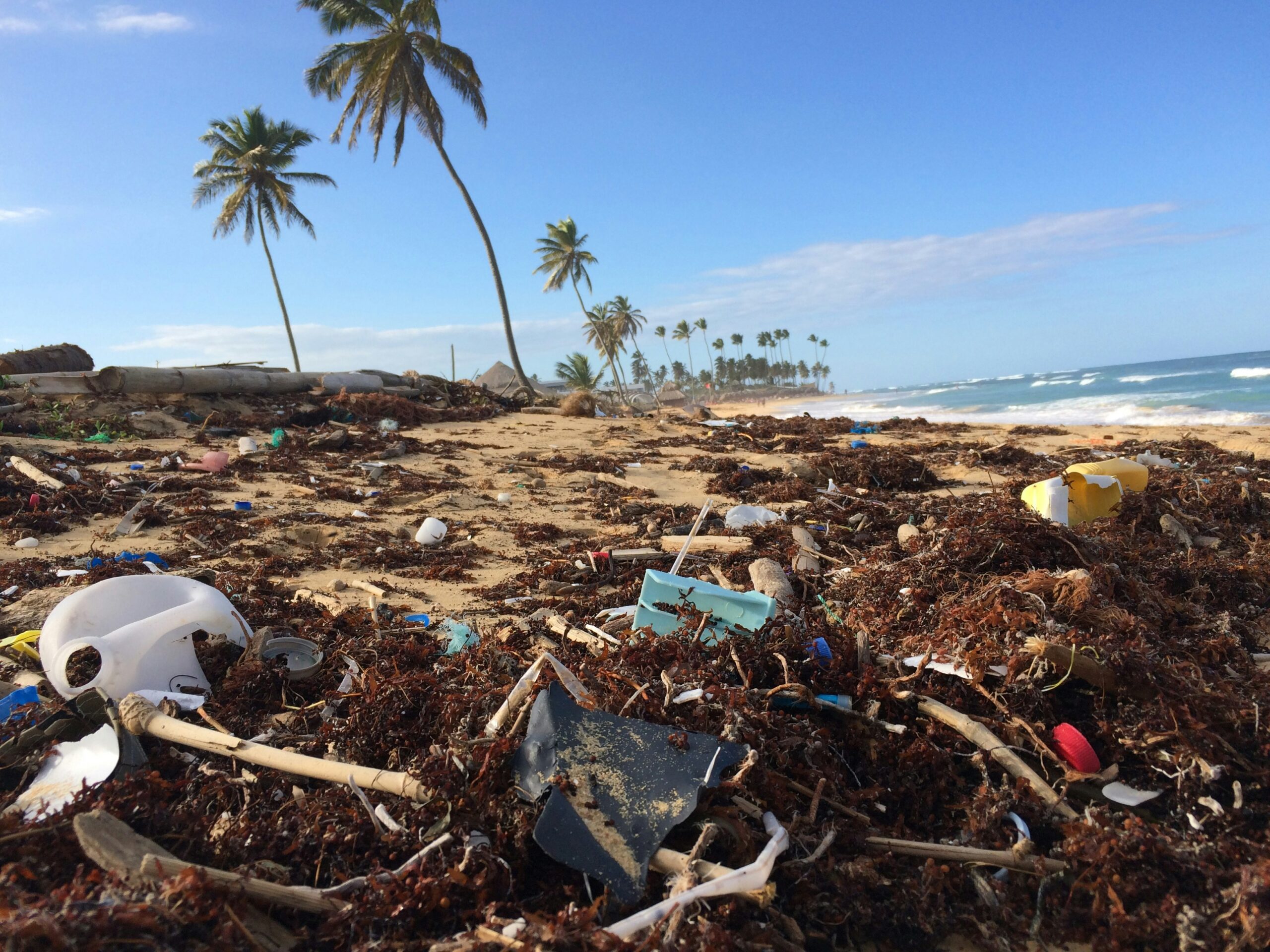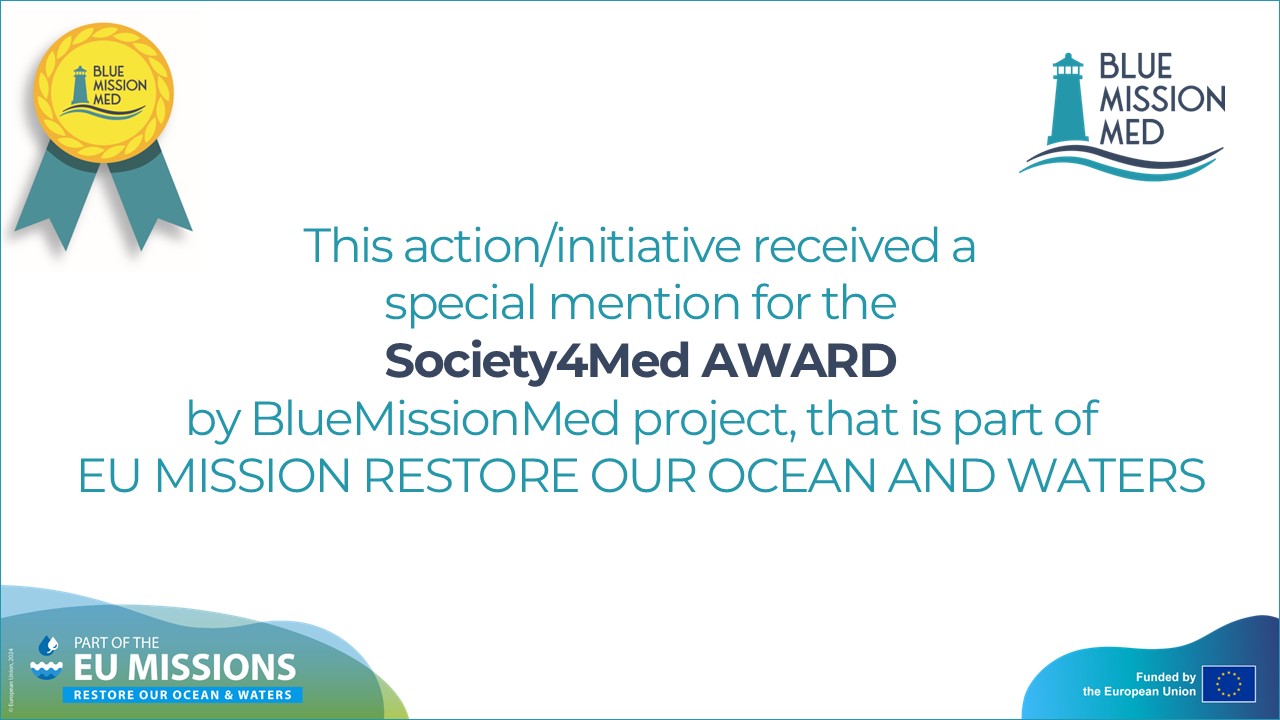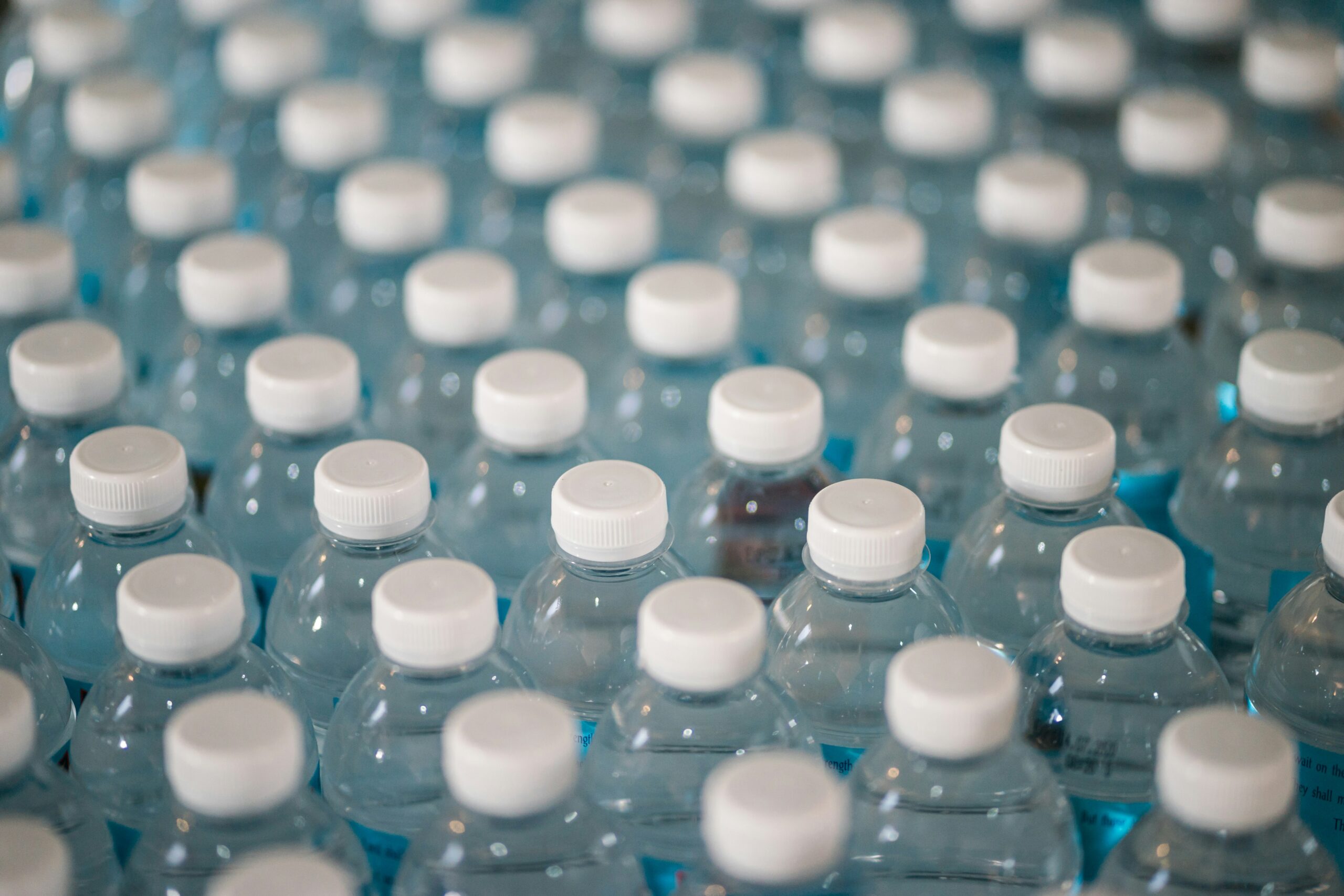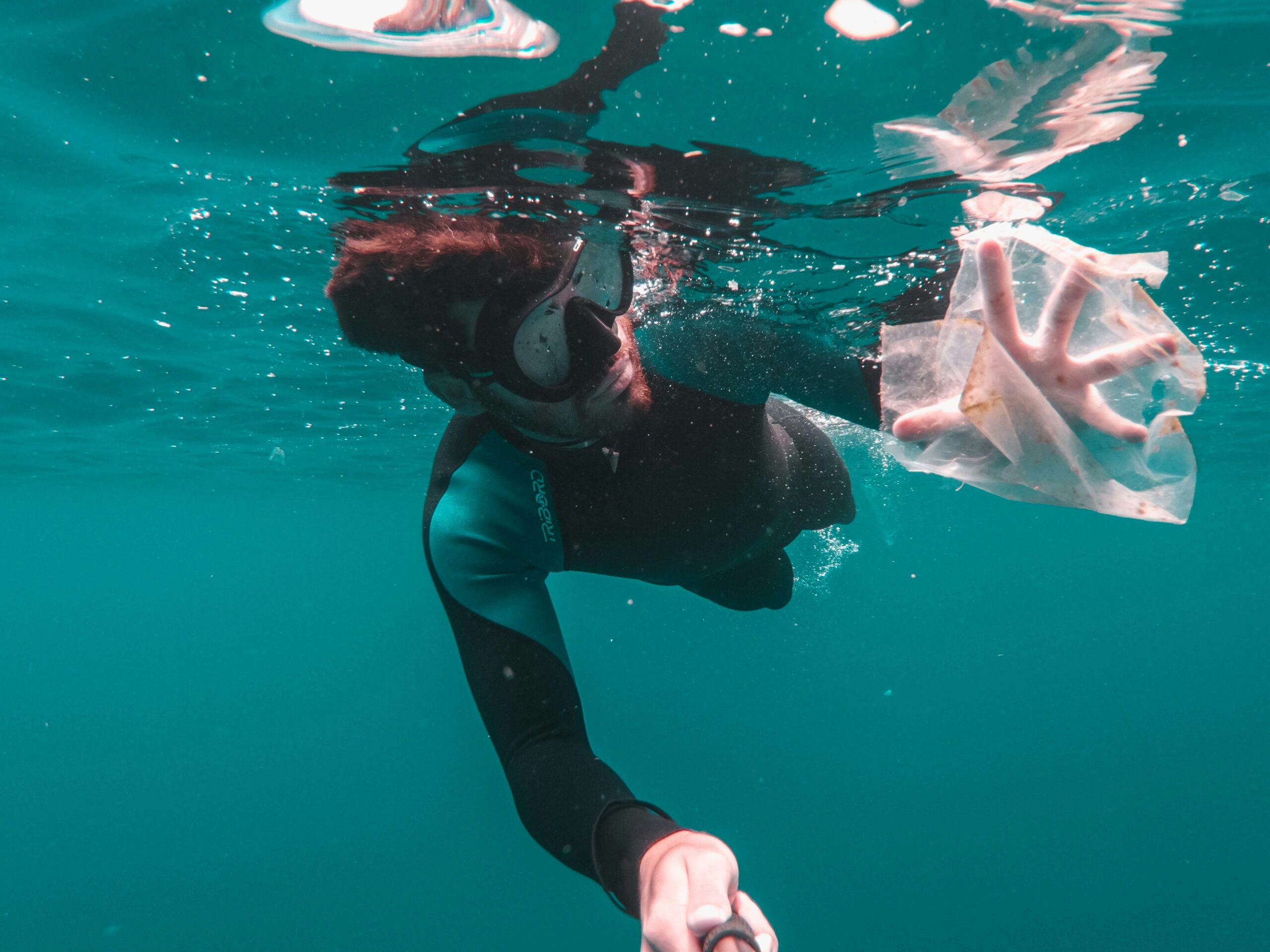Update — 5 Min Read
Zibel: On Seabins and More
5 Min Read
Of Turtles and Pollution
Did you know that you can combine enjoying a day at the beach and being a citizen scientist?
Denzel Lanzon tells you how!
Zibel’s magic bins!
As you know by now, Żibel is a Maltese nongovernmental organisation dedicated to waste collection across Malta and that regularly organises voluntary clean-ups open to all citizens seeking to make a difference.
Among their other most notable endeavours is their partnering up with the technology company Strand Marine to roll out The Seabin Project, with the backing of the Environment and Resources Authority, Ambjent Malta and the Ministry for the Environment.
But first, some background…
The primary goal of The Seabin Project is to facilitate the removal of an equal (Plastic Net Zero) or greater (Plastic Net Positive) amount of plastic waste across the sea than is generated.
The urgency for seabins grows by the day with over 150 million tonnes of plastic misplaced in the ocean and a staggering four out of every five humans across the globe carrying microplastic particles in their blood! This latter point is especially concerning, not only for humans but also for wildlife. Not to mention the economic threat it poses to tourism, fishing and packaging. Plastic pollution is a top 5 worldwide environmental crisis and that is not without reason.
How does it work?
Seabins fulfil the role of filtering out oil as well as debris such as plastics and microplastics from the surface of the sea and are functional all year round. They have a maximum capacity of 20 kilograms each and allow clean water to flow through.
These seabins are regularly serviced to maintain optimal performance. This is done by deactivating and removing them from the water followed by pressure washing to remove marine fouling and operational checks.
The captured debris is analysed with consideration of climatic variables to project its origins. The data collection and analysis is very important as it serves as a means to inform communities and stakeholders and offers a reliable source for marine litter prevention initiatives.
What about waste found on land? This is where you can act!
Operating in a similar manner: the Żibel Tribe Bins found on land along the coastline of Malta. Above is a map showing where they can be found.
These bins are used for the disposal of waste but also for data collection. If you are doing a beach clean-up and find the beach bins too small (or lacking a lid!) please use these Zibel tribe bins!
There is a QR code on the front of every bin. Scan it and you’ll be taken to zibel.typeform.com. Input the necessary information and upload a photo of the rubbish you intend to dispose of. Once that is done, you will be given the code to remove the padlock on the bin. Once you’ve dumped the litter you collected, reinstate the lock.
A small reminder here that Żibel organises beach and seabed clean-ups across our islands on the regular. You can learn more about upcoming events from their Facebook account and via this page on this website: https://islandguardians.org/digital-repository/
It starts with …
Żibel’s new innovative binning systems along the coast of Malta are crucial to making our precious beaches plastic-free and safe. With these closely monitored systems and by publishing the results to the public, this professional NGO contributes to a more sustainable future for all of us.
You can help too. As Żibel likes to say: It starts with you!
By Denzel Lanzon, for Esplora








